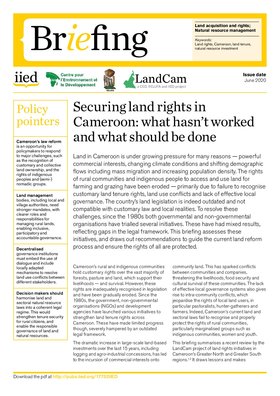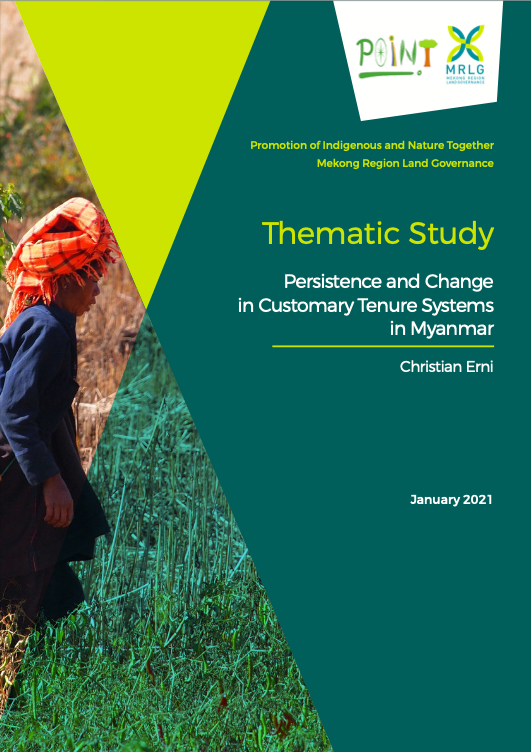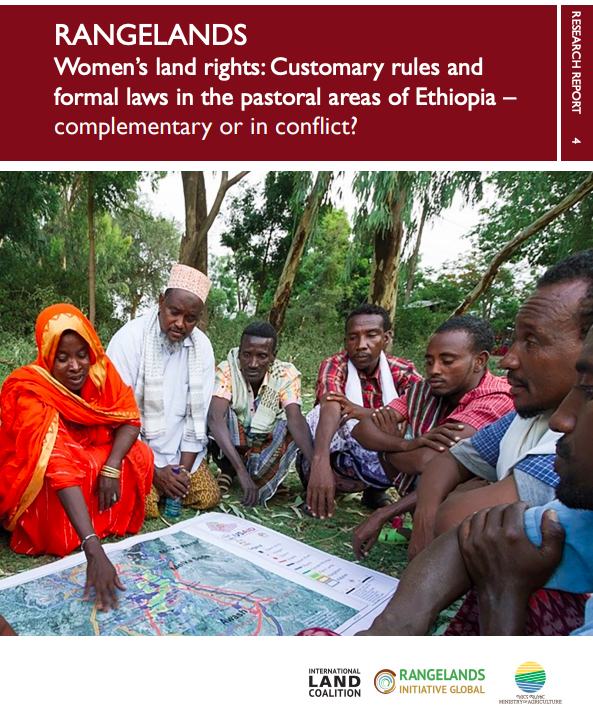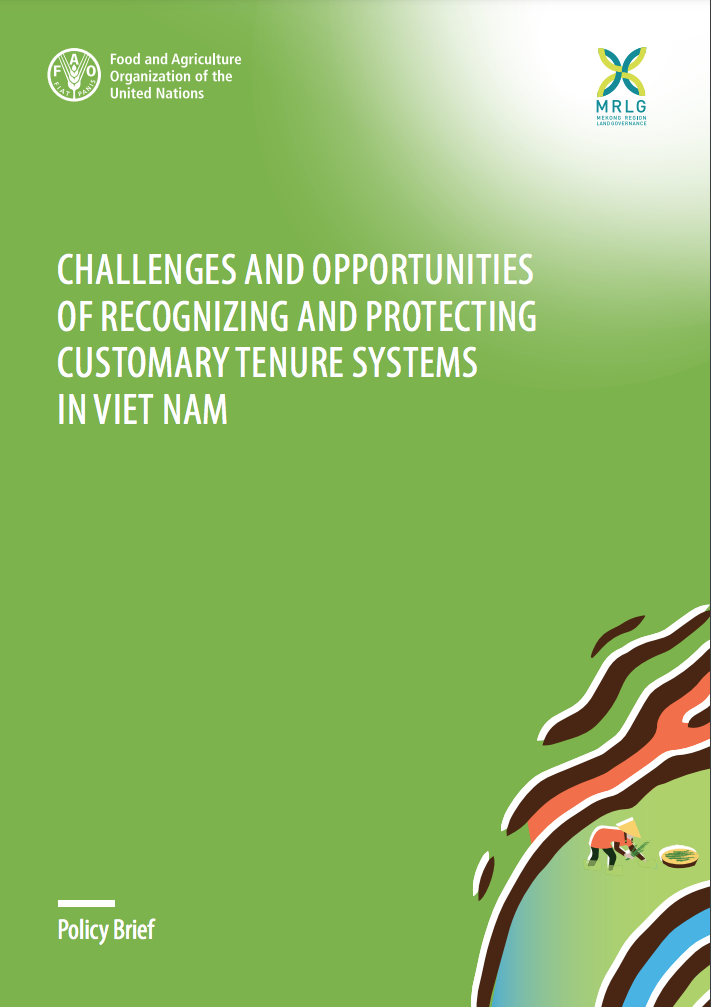Le droit foncier au Sénégal: l'impact de la réforme foncière en Basse Casamance
Pendant l'année 1982 et une partie de l'année 1983 l'auteur a effectué une recherche au Sénégal avec la collaboration de M. Sypkens Smit, anthropologue. Le thème central de la recherche était l'interaction entre les différents systèmes de droit foncier. Le présent rapport relate la phase préparatoire de la recherche, ainsi que les activités des deux chercheurs sur le terrain, en Basse Casamance. Le chapitre sur "Les aspects anthropologiques du droit foncier: le cas d'un village diola" est de la main de M. Sypkens Smit.






